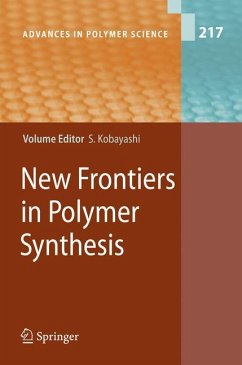
Heterocycles from Carbohydrate Precursors

PAYBACK Punkte
113 °P sammeln!
This book is a volume in the series Topics in Heterocyclic Chemistry.Itc- ers the key methods used for designing synthetic approaches to heterocycles from carbohydrates and the value and scope of these methods. Carbohydrates are widely distributed in nature and constitute the largest part of renewable biomasses. Moreover, many carbohydrates and their derivatives are comm- cially available at relatively cheap prices. Consequently their utilization is highly encouraged and economically they are of great signi?cance. Moreover, carbohydrates are highly functionalized compounds that can be readily ...
This book is a volume in the series Topics in Heterocyclic Chemistry.Itc- ers the key methods used for designing synthetic approaches to heterocycles from carbohydrates and the value and scope of these methods. Carbohydrates are widely distributed in nature and constitute the largest part of renewable biomasses. Moreover, many carbohydrates and their derivatives are comm- cially available at relatively cheap prices. Consequently their utilization is highly encouraged and economically they are of great signi?cance. Moreover, carbohydrates are highly functionalized compounds that can be readily deri- tized and/or cyclized to provide heterocyclic compounds. This book provides a modern account and an up-to-date description of the advancement in the synthesis of diverse heterocycles from carbohydrates. Carbohydrates can be considered as a source of chiral centers in addition to the variable modi?cation thereof. Herein the elaboration of the carbohydrate molecules for providing different heterocycles is the main objective and team efforts from leaders of the topics has been gathered in this volume. This book is designed to be suitable for students and researchers. It is highly recommended as a reference book and for teaching the fascinating topics related to carbohydrates, heterocycles and organic synthesis. In addition to its importance in academia, it is also an excellent source for information about the variety of methods used in the synthesis of heterocycles important to industry.












